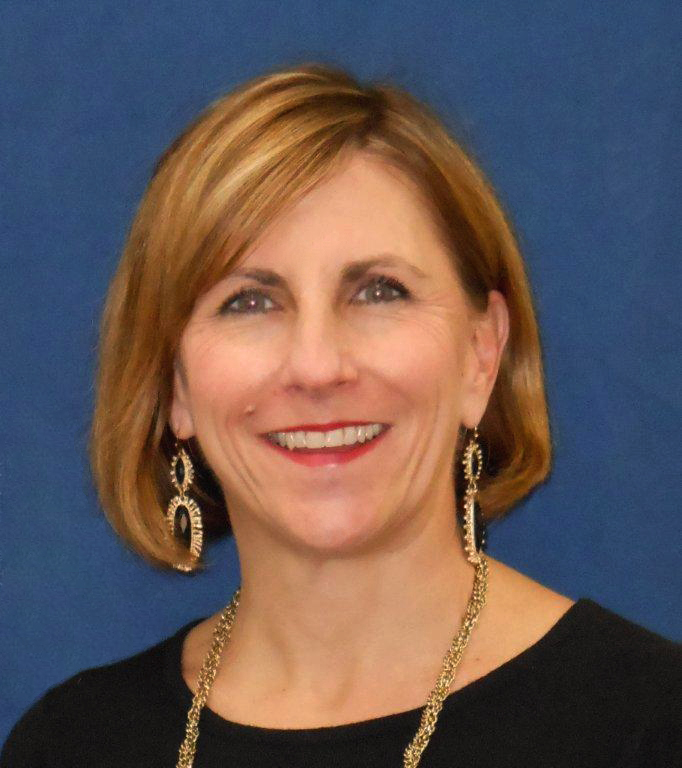Many people fear writing a resume. Some people fear to make mistakes, and others fear the possibility of rejection. All too often, though, people fear the writing itself. If fear has made you put off writing your resume, let’s try to put that fear to bed. You can write a stellar resume by following a few basic guidelines that we’ll cover right now.
Hit the Essentials
Every resume must cover certain ground. You must include any relevant education, licenses, or credentials. You need a work history, although you can generally keep it to the last ten years. Don’t forget to add your contact information.
Takeaway: Not hitting the essentials makes you look unprofessional, but now you know what you need.
Get to the Point Quickly
Whether your resume goes through an HR department or to a hiring manager, it’s landing in front of busy people. Don’t make them work to understand your meaning.
For example, don’t write: “Provided supervisory oversight for a project team that ultimately delivered a boost in revenue of $500,000.”
Instead, write something like: “Managed project team that created $500,000 in new revenue.”
Highlight Recent Accomplishments
If you’ve been in your industry for 15 years, you’ve got a lot of experience behind you. Don’t try to fit everything you’ve ever done onto the resume. Highlight recent accomplishments. Did you step into a supervisory position and finish a job during a crisis at your last job? Mention that.
Takeaway: Highlighting recent accomplishments sends the message that you aren’t just phoning it in every day.
Reuse Keywords from the Job Description
Many people stumble on this one. Keywords are just important phrases, usually related to a skill or industry jargon. For example, a warehouse might mention a specific software program they use for inventory management. If you know that program, mention it by name on your resume. Including these keywords makes your resume more likely to get to the interview phase of the process.
Look at Other Resumes before You Start
New to the job search process? Never written a resume before? If this is you, the process can prove difficult because you don’t know where to start. The easiest way to get a handle on writing a resume is to look at other resumes. The good news is that there are tons of free example resumes all over the Internet that can help guide you while you write your own.
Takeaway: It always helps to see how someone else has done something successfully.
Don’t let writing anxiety or other fears stop you from pursuing a better job. You can write a stellar resume. Hit the essentials and be concise. Highlight any recent accomplishments. Work in some keywords. If you struggle to get started, look for some examples online. Before you know it, you’ll have a stellar resume.
Once you prepare your stellar resume, it’s time to look for jobs. Check out Gallman Consulting career opportunities and we’ll help you place that resume with the right employers.














